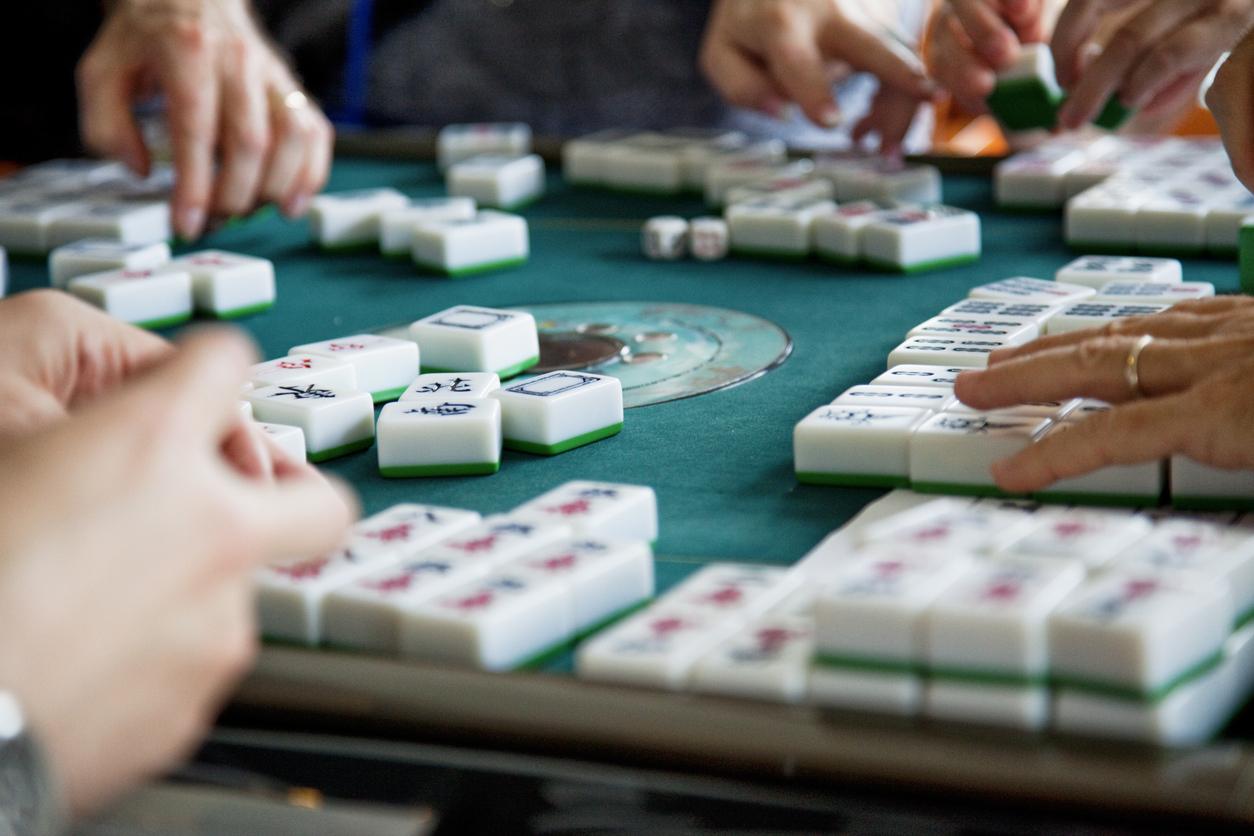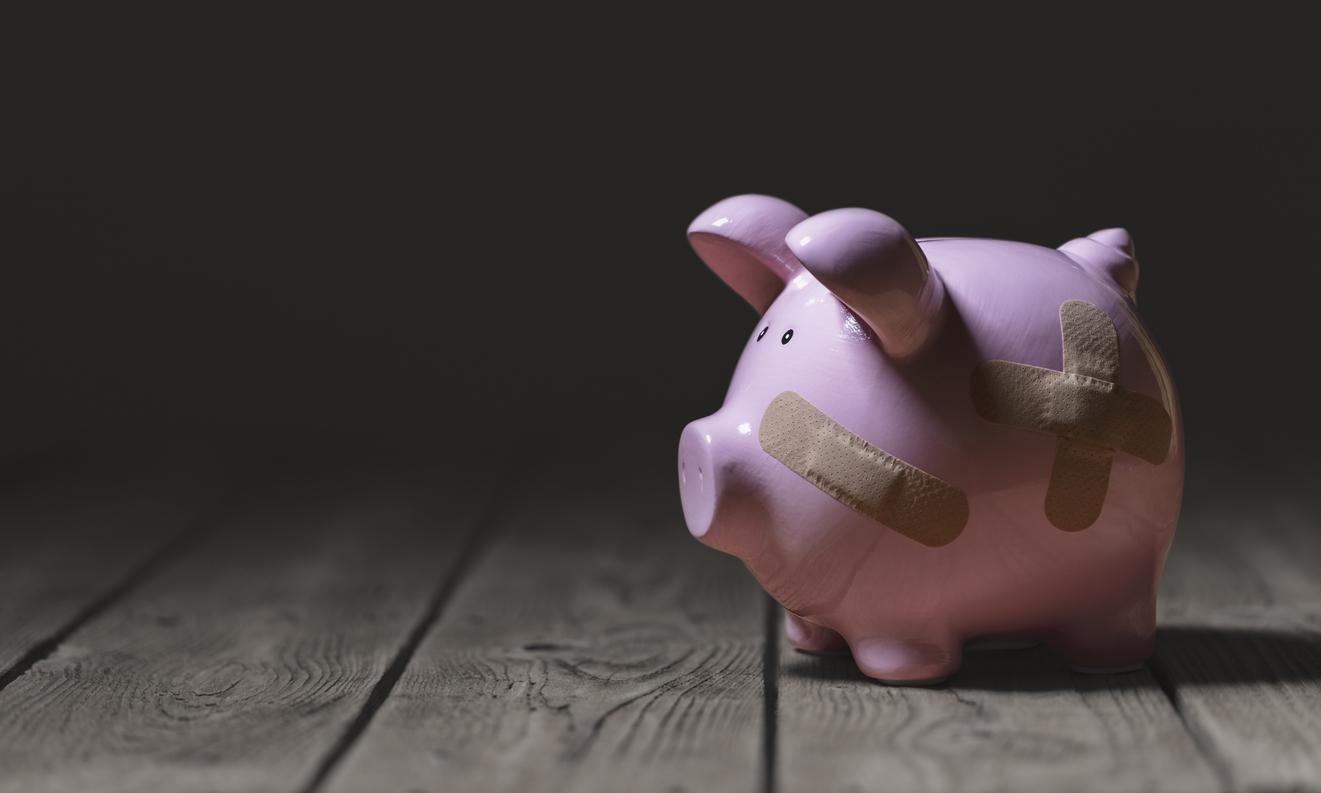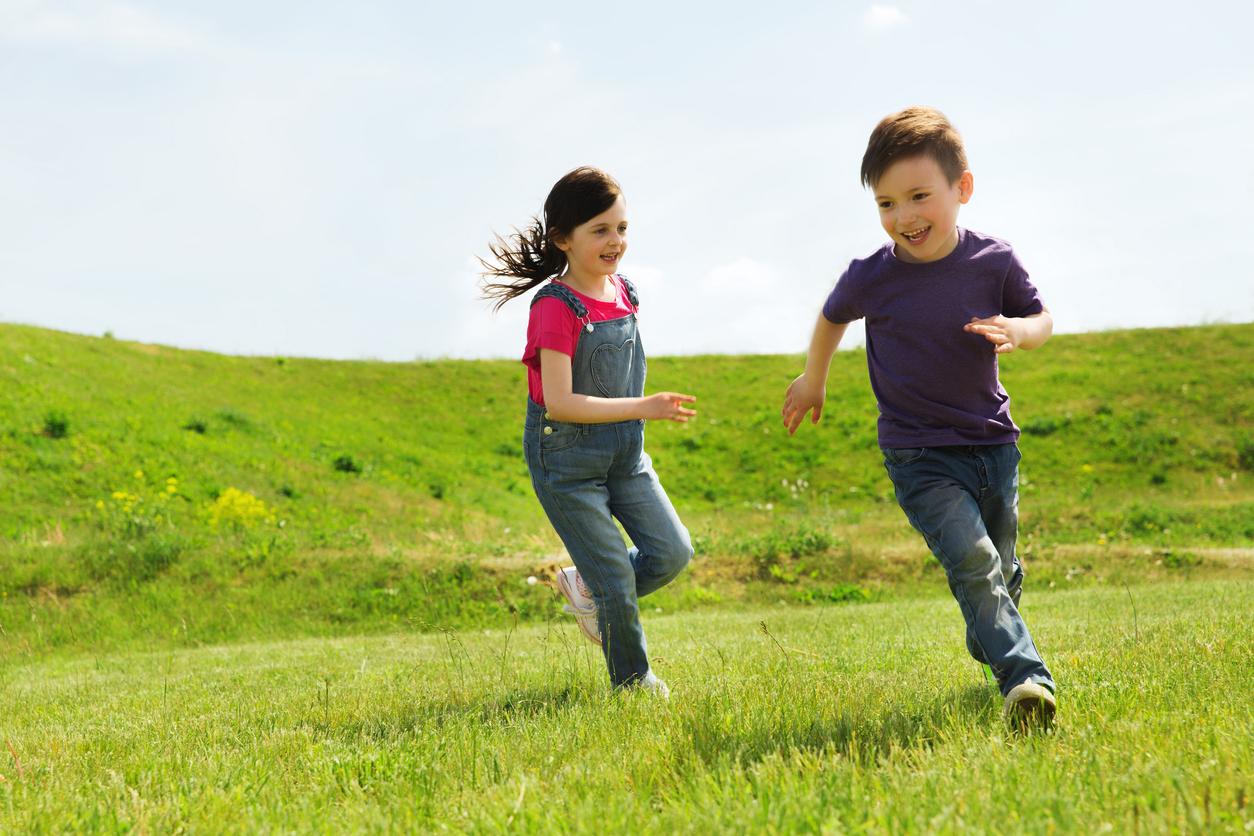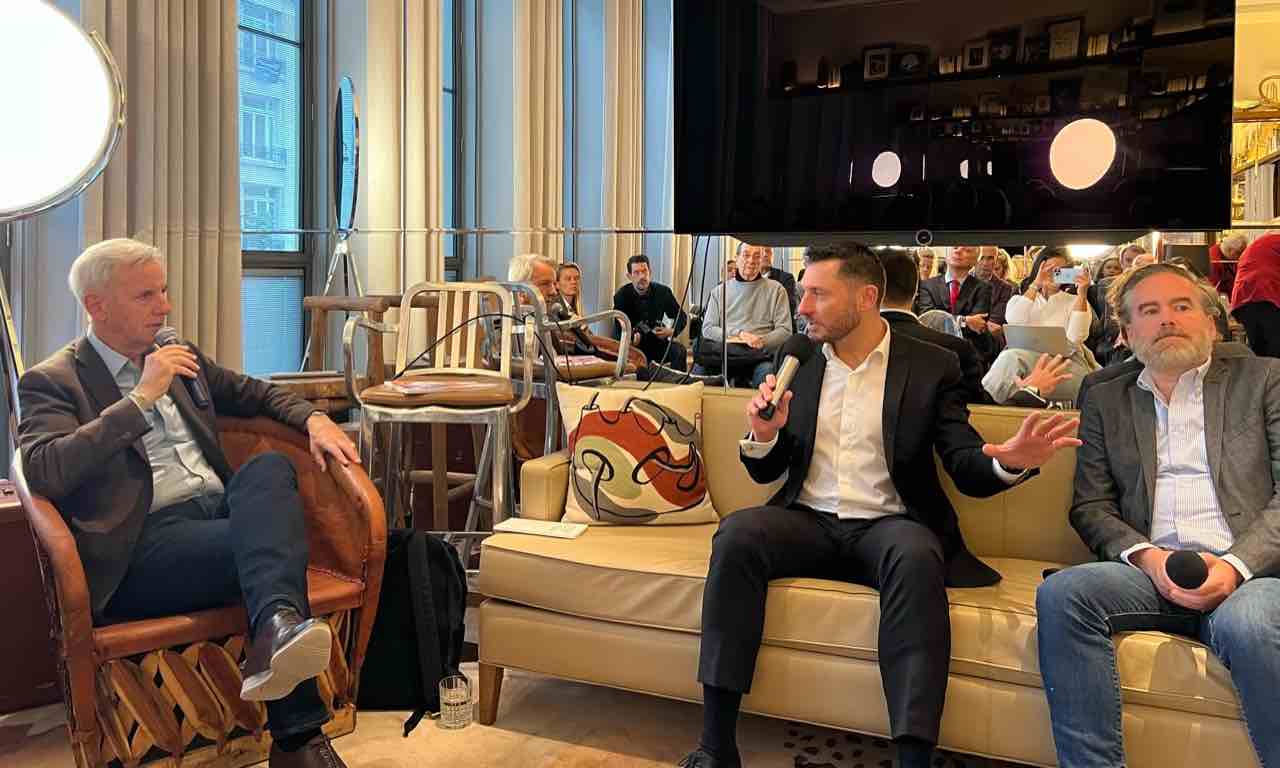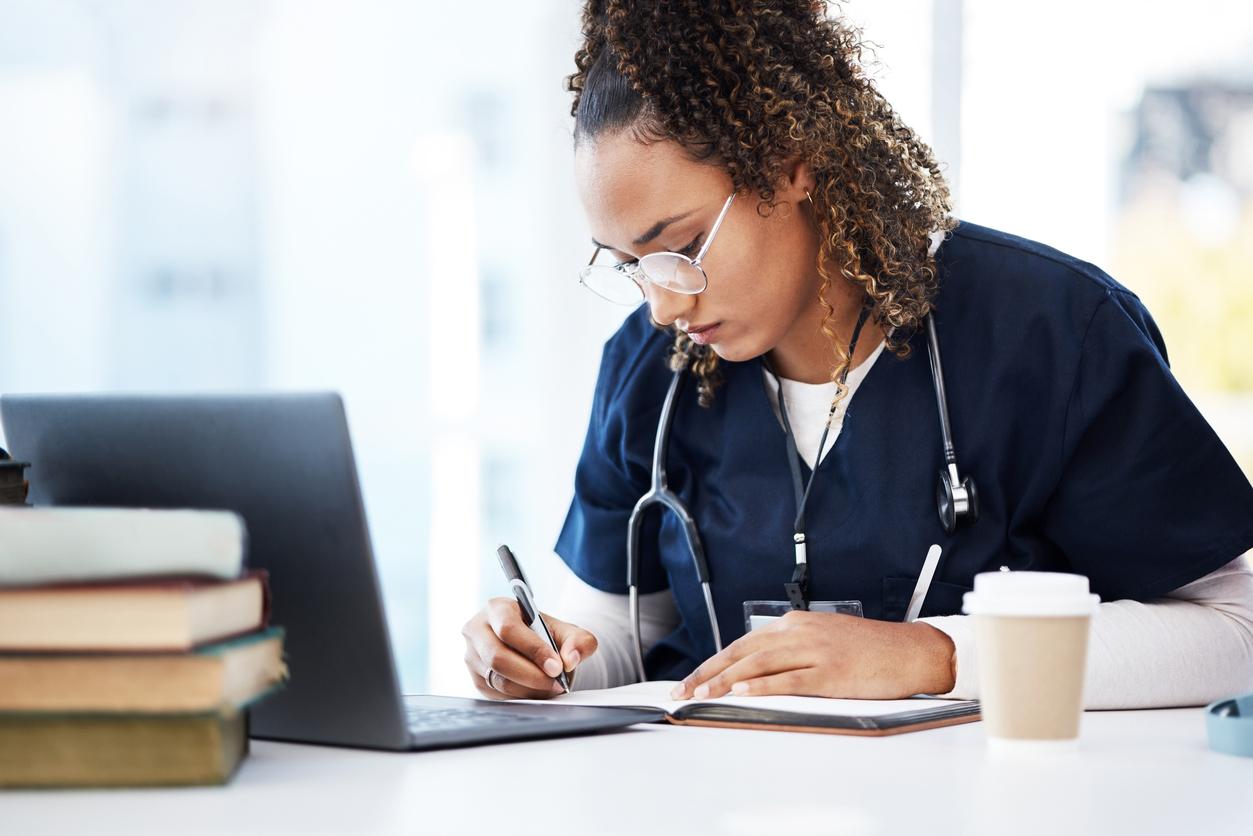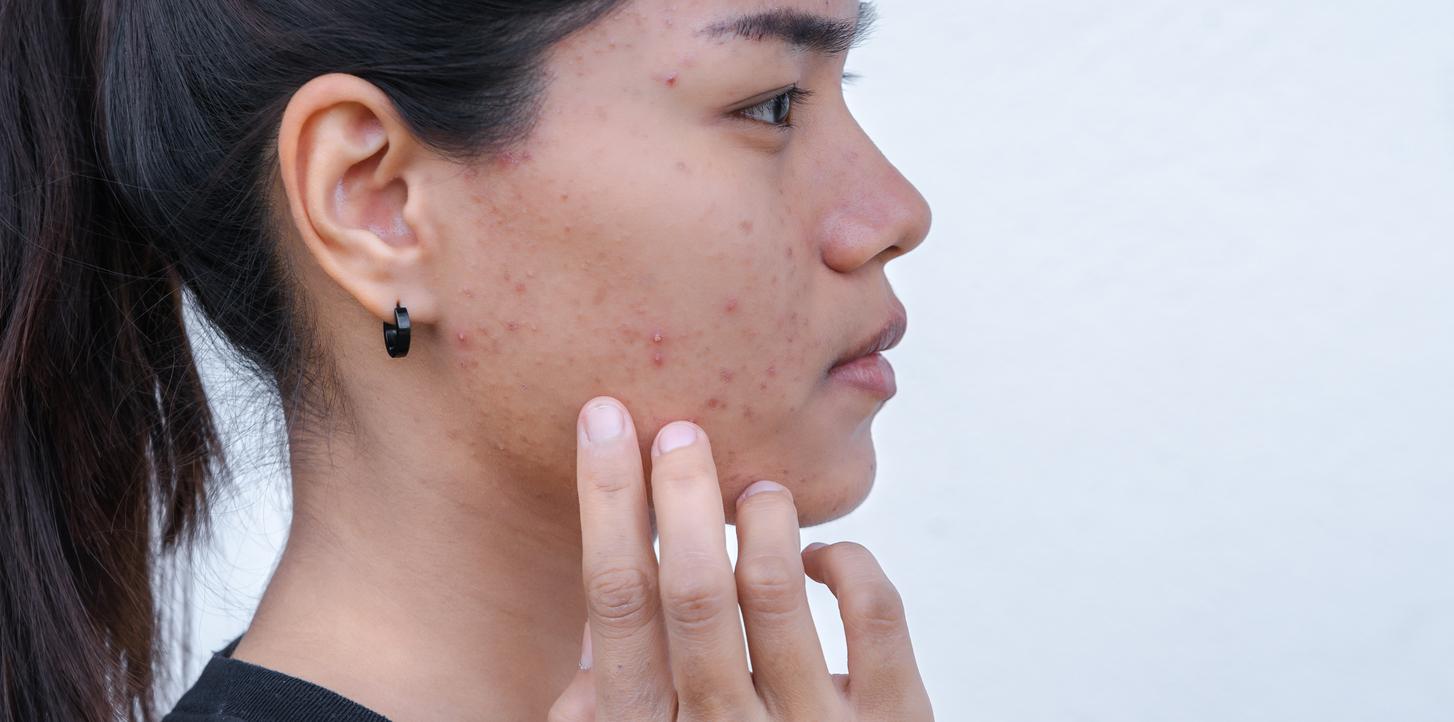The Mental Health First Aid (MHFA) program is growing. But what is it ? Joséphine Arrighi de Casanova, first aider and PSSM trainer, agreed to answer our questions.
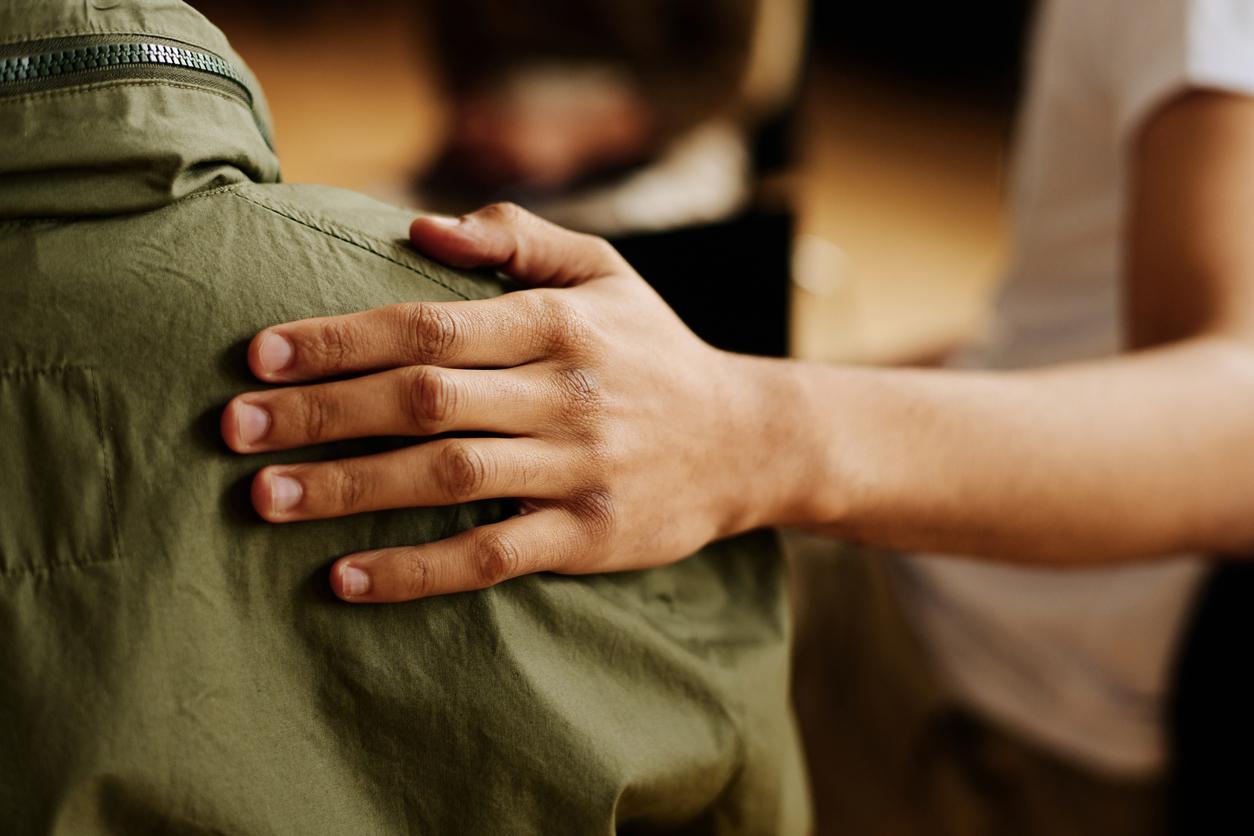
- The PSSM France association provides mental health first aid training to “better identify mental health disorders, adopt appropriate behavior, provide information on available resources, encourage people to contact appropriate professionals and, in the event of a crisis, act to relay to the most suitable service”.
- The role of the mental health first aider is to listen, reassure and support the person who has a mental disorder.
- The PSSM can be followed by everyone, including health professionals.
According to the WHO and the Ministry of Health, 1 in 4 Europeans are affected by psychological disorders. In France, 7.5% of 10-20 year olds need monitoring or care in this context.
But since mental health contributes to our health in a more global way, it is necessary to find solutions to improve the detection and management of these psychological disorders as soon as they appear.
And PSSM, or First Aid in Mental Health, is training that allows you not to be helpless in front of a friend, a colleague, an acquaintance, or any other person in psychological suffering.
LPSSM France associationa national association created in 2018 by theInfiip, Mental Health France and theUnafamallows you to follow first aid training in mental health, thus allowing you to “ better spot mental health disorders, adopt appropriate behavior, provide information on available resources, encourage people to contact appropriate professionals and, in the event of a crisis, to act to relay to the most appropriate service.”
PSSM: listening, support, reassurance, guidance
The role of the mental health first aider is to listen, reassure and support the person who has a mental disorder. To train, simply register and follow 2 days (2 p.m.) of training.
Joséphine Arrighi de Casanova, mental health manager at Qare, vice-president of MentalTech (French collective of digital companies in mental health including the well-known Little BamBou) and PSSM first aid trainer (in other words, with a strong involvement in everything relating to mental health) tells us well: the PSSM is “ a citizen approach which aims to raise awareness of psychological disorders among the general population, to destigmatize these disorders and to put citizens in a better position to come to the aid of a person who develops this type of disorder (who begins to present symptoms or who would be in a crisis situation (panic attack or suicidal crisis for example) “.
So there is ” two components: destigmatization and behavioral skills to cope “. And as she says, the subtitle of the logo of PSSM France defines it well: “learning to help”. The rescuer is therefore there to “ help the person affected by the disorder to find the resource(s) that will be most effective for them “. It’s about a ” interactive training with group discussions, role plays, case studies, videos…” explains Joséphine Arrighi of Casanova.
On the other hand, even if the knowledge acquired can be applied in the workplace, this training is in no way specific to issues of mental health in business and as Joséphine Arrighi de Casanova indicates: “ it does not in any way replace a psychosocial risk prevention plan “. Awareness-raising actions and training dedicated to occupational health must be followed in parallel (Occupational Health and Safety) if we want to take in-depth action within the company.
PSSM: “the first aider is a relay relay”
Concerning the warning signals taught during this training, it details three important things to detect. The 1time is the change in behavior, thoughts or emotions for example “I isolate myself, I don’t want to go out anymore”, “I see everything in black” … The 2th thing to note is the duration and intensity of the disorders (more than 3 weeks, every day, significant or increasing intensity). And the 3th The element she emphasizes is the impact that these changes produce on the person’s daily personal, family and professional life and which makes it possible to differentiate psychological suffering (more temporary) from psychological disorder. But Joséphine Arrighi de Casanova is clear: “ we must not psychiatrize everything ”, at the slightest problem.
And for the rest, the mission of the first aider is to find resources, which may be to advise consulting your doctor, or a psychiatrist or psychologist, in person or by teleconsultation. And if that’s not possible or the person doesn’t want to or can’t, other resources can be ” quite simply a support group, peer helpers or a book or sites dedicated to mental health… “. But in more serious cases, the SAMU or firefighters can be called. For her, the rescuer is “ a relay runner “, A ” link of the chain » to help you get better.
PSSM: “health professionals who are training”
This training can be followed by everyone. And she tells us that “ many health professionals (doctors, nurses, etc.) are trained in PSSM because it is not the posture of a caregiver, but a civic posture since the role is not to treat the person but to listen and inform them resources at its disposal “.
Moreover, Muriel Vidalenc, president of PSSM France, insisted on this during the press conference of October 25, 2023: “ as mental health first aiders, we are not in a care process, we are upstream of care, we are not health professionals “.
PSSM: “shaking up preconceived ideas”
In her company (Qare), as a PSSM trainer, Joséphine Arrighi de Casanova has trained more than 50 employees, or 1/3 of the workforce. There was one ” real craze » she tells us, especially since the Covid period. And when we talk about her mission as a trainer, she indicates that the main contribution is “ to shake up preconceived ideas, to shake up everyone’s representations of mental health disorders “.
She specifies that she is pursuing a “ close-knit fight to destigmatize mental disorders and free up speech regarding mental health » around her but also within her professional environment.
PSSM: “a healthy lifestyle”
And in terms of prevention, Joséphine Arrighi from Casanova gives us some very useful advice: “ have a healthy lifestyle in terms of diet, physical activity and social relationships “. Even if these rules are not always easy to apply, as she points out. When it comes to diet, she advises “ to have a diet rich in vitamins, to avoid junk food, sugar, addictive substances » and takes the opportunity to recall the links between microbiota and mental health. It is necessary to observe good quality sleep. She recommends getting physical activity, not to mention sports, like walking or outdoor activities. The social bond is also fundamental, knowing that “ isolation is a risk factor for mental health disorders “. She reminds us that social ties are not only professional but family or friendly.
World Mental Health Day took place on October 10, but we need to think about it every day. There is still much to do but awareness is gaining ground, for the good of all. Moreover, while at the end of 2022, 44,000 people were trained as mental health first aiders, the number of 75,000 has already been reached in October 2023.










